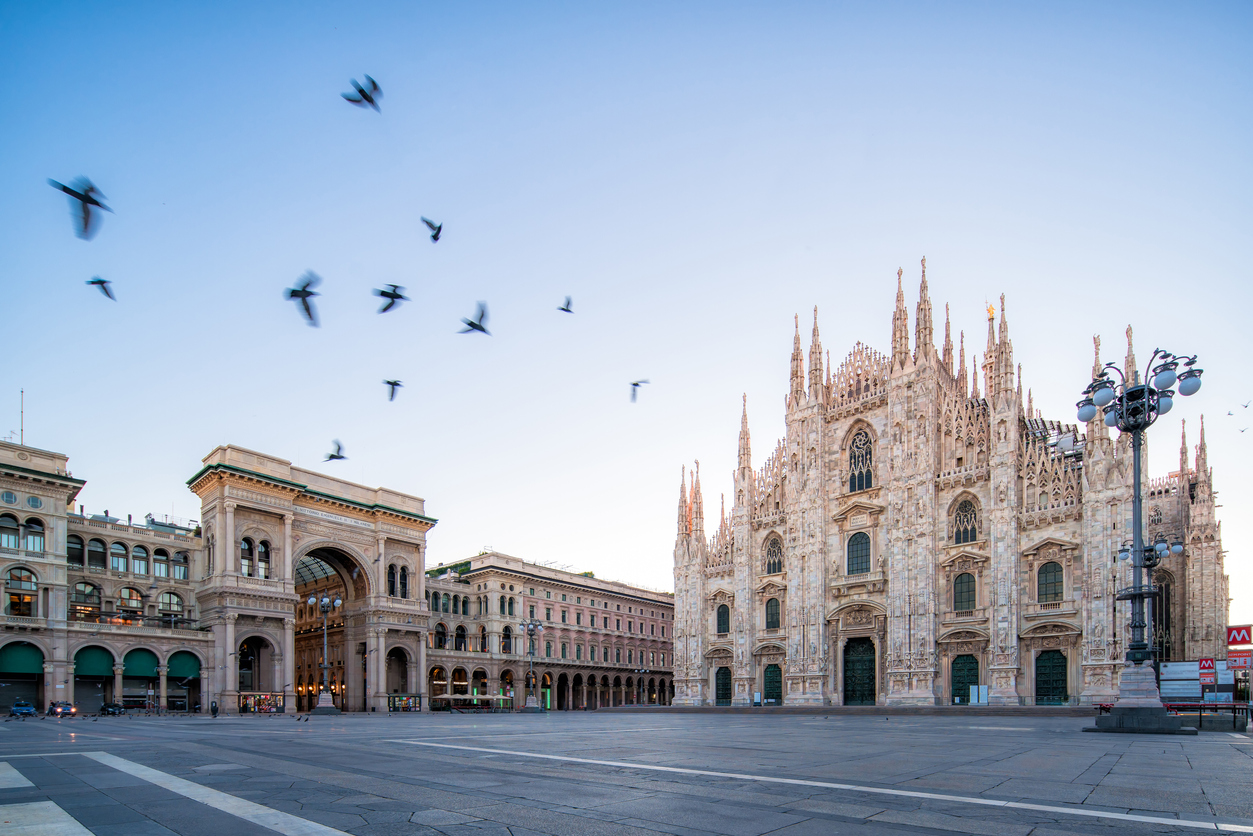
Coronavirus is spreading fast all over the world and more and more countries have entered lockdown. 20% of the world’s population, an estimated 1.7 billion people, have been ordered to remain at home. Italy was among the first countries that adopted such drastic measures and, on day 14 of quarantine, we can tell you what is awaiting for you.
If you are not sick, you will probably enjoy the first few days at home. Children will be happy not to go to school and you will like working from home. You will find out how much time you waist in traffic and how better you feel if you sleep one more hour every morning. You will finally have time to watch that TV series everybody was suggesting or read that book that has been on your bedside table for months.
At first you will accept the situation as something extraordinary, one of those stories to tell your grandchildren. You will be scared but enthusiastic, knowing that “we are all in this together”. You will be moved when your neighbours start singing the national anthem from their balcony. And when you see footage on TV of people from all over your country singing, clapping their hands and encouraging each other, you will be as proud of your country as you have been only during the World Cup or the Olympic games.
You will get used to the silence, to the emptiness of the city, to people wearing masks and gloves even just to take the rubbish out. You will get used not to shake hands and give hugs, and it will feel strange to see on films or programmes people in crowded places, who kiss or high-five. TV studios will be empty and every interview will be recorded on Skype.
Then the numbers of sick and dead people in your country and all over the world will keep raising. TVs will show hospitals that are about to collapse, doctors and nurses crying because they can’t handle it, young patients who beg you to stay at home and not to undervalue the virus, because what they are experiencing is worse than anything you can imagine. Soon there won’t be enough space in cemeteries for all the dead people, and coffins will fill rooms in hospitals and chapels. You will then be scared to get the virus and get ill. And when the extraordinary experience starts to feel like ordinary, everything will slowly change.
You’ll have to do the shopping, and while you are happy because you finally have a reason to go out, you spend a couple of hours in a tidy, distant and silent queue outside the supermarket. When you manage to get in, they will tell you to hurry up because too many people are waiting outside. You will definitely forget something that you thought very important, but will find a way to survive without it, because you just can’t go out again to get it.
Health authorities will probably tell you that it is better if you go out wearing a mask, but every possible shop will soon run out of them, and you’ll find yourself creating them using baking paper and plastic bands. Your government will probably tell you to sign a piece of paper that explains the reason you are leaving home every time you go out. It will feel strange to be stopped by the police who ask you where you are heading for. You’ll understand the importance of your freedom and soon feel imprisoned.
Smart working might seem fun at first, but then you’ll understand that you spend much part of your day on the phone, on chats, answering texts and emails to talk to those colleagues who usually sit next to you. You will start missing coffee and lunch breaks with them, and soon feel lonely. You will not meet your family and friends for many days, weeks or maybe even months, and video calls will be the only way you have to see them. Old people will be forced to stay at home alone, meeting their children or grandchildren on the doorstep for a few seconds when they bring them the shopping.
Children will soon start to get bored. Attending school online is not as fun as spending the whole day with your friends. They will get fed up of videogames, cartoons and films, and parents will go crazy to find a way to keep them busy and not disturb their work.
Your neighbours might keep singing, but you will not be in the mood to take part in it. Silence seems more respectful for those who have died, are dying and suffering. People will start putting candles outside, and social networks will be full of dramatic stories and pictures.
Media will start using war words. Doctors and nurses are soldiers, drugs and vaccines are weapons. Maybe not all of this will come true in your country, but you’ll soon understand that this is a war. When it ends, it will leave ruins behind it. Social, economic and financial ruins. And we will somehow have to deal with them.
ISCRIVITI ALLA NEWSLETTER DI SANITÀ INFORMAZIONE PER RIMANERE SEMPRE AGGIORNATO
 Articoli correlati
Articoli correlati